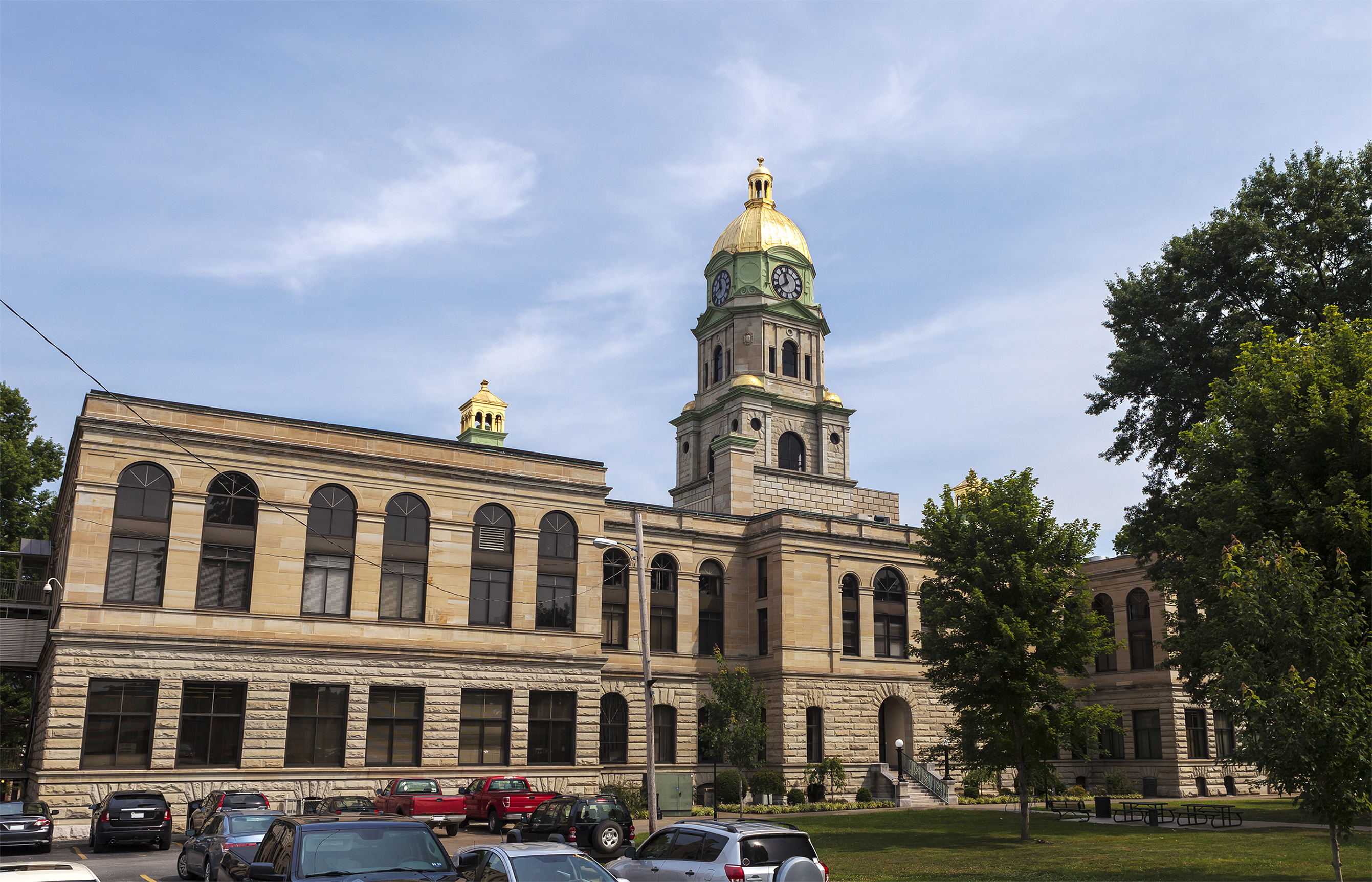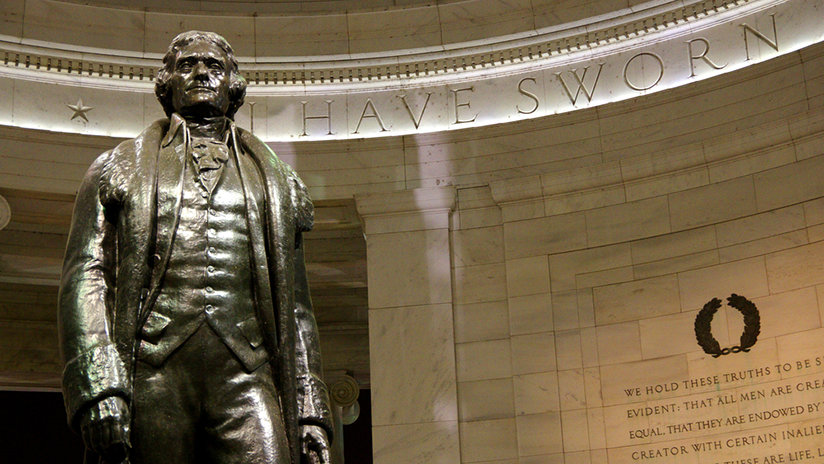
-
HOME
-
WHAT IS STANDOur Mission Our Values Our Help Contact
-
WHAT WE FIGHT FORReligious Freedom Religious Literacy Equality & Human Rights Inclusion & Respect Free Speech Responsible Journalism Corporate Accountability
-
RESOURCESExpert Studies Landmark Decisions White Papers FAQs David Miscavige Religious Freedom Resource Center Freedom of Religion & Human Rights Topic Index Priest-Penitent Privilege Islamophobia
-
HATE MONITORBiased Media Propagandists Hatemongers False Experts Hate Monitor Blog
-
NEWSROOMNews Media Watch Videos Blog
-
TAKE ACTIONCombat Hate & Discrimination Champion Freedom of Religion Demand Accountability
West Virginia School District Mandates Religious Freedom Training After Lawsuit
The Cabell County West Virginia Board of Education has reached a settlement with four families that filed suit claiming that Huntington High School students were forced to attend a revival given on campus by an evangelical preacher. As a result of the settlement, the Board has issued a policy that, in the words of their attorney, makes clear that it is “not the province of a public school to either inhibit, or advance, religious beliefs or practices.” The school system will also mandate annual religious freedom training. Plaintiffs will receive nominal settlement amounts of one dollar, and the Board will be required to pay legal fees.

The lawsuit arose out of events that took place in February 2022 when the school district allowed an evangelical preacher to hold an assembly on school premises in which he exhorted students to “give your life over to Jesus,” threatening them with eternal torment if they did not. Two teachers took their entire homeroom classes to the assembly and would not allow students who did not want to attend to opt out.
The resulting settlement requires no prohibition on religious free speech, but implements a policy ensuring the beliefs of all students are respected.
Students responded by staging a demonstration and walkout some days later. Several students who had been forced to attend the assembly filed suit along with their parents. The plaintiffs included one Jewish student, one nonreligious student and a third who is Christian but not evangelical. The families demanded an injunction prohibiting the school and its personnel from sponsoring, conducting or promoting religious assemblies during the school day. The lawsuit alleged that the assembly was one of many intrusions of evangelical Christianity that school officials had imposed on the district’s students.
In its defense, the school district claimed that the assemblies were not mandatory but that it made school facilities available for use by religious as well as other community groups. They cited several Supreme Court cases holding that the First Amendment’s free speech provision requires that public facilities which are generally available cannot be denied to religious groups. The district denied ever having a policy that enforced attendance at religious events.
The resulting settlement requires no prohibition on religious free speech, but implements a policy ensuring the beliefs of all students are respected. While such a settlement reached at the district court level does not set any legal precedent, it can serve as an example that will forward both the right to free expression and full liberty of conscience in America’s public schools.






